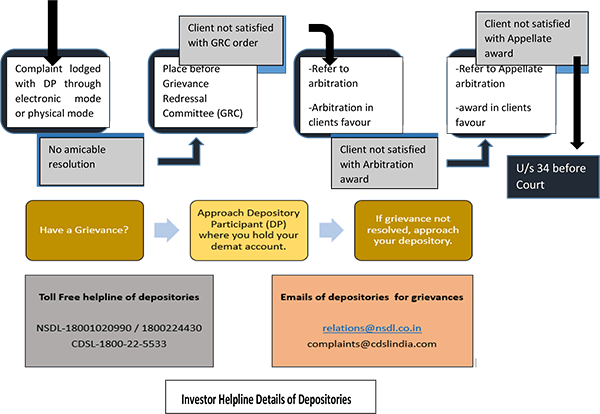Investment Strategies For Share Market
Investing in the share market can be a lucrative way to grow your wealth, but it’s important to have a solid investment strategy in place before you start. Investing strategies are methods or approaches that investors use to make investment decisions. Thus we present the top 7 investment strategies for the share market. These strategies are designed to help investors achieve their investment goals, such as generating income, growing their wealth, or managing risk.
Before, discussing the strategies themselves, it is important to discuss the reasons behind adopting an investing strategy. Several reasons for adopting an investing strategy are:
1. Helps to achieve investment goals: An investing strategy helps investors to achieve their investment goals by providing a structured approach to making investment decisions. A well-defined strategy helps investors to stay focused on their goals and avoid making impulsive decisions that may not align with their objectives.
2. Provides a framework for decision-making: An investing strategy provides a framework for making investment decisions. It helps investors to identify investment opportunities that align with their goals, evaluate potential risks and rewards, and make informed decisions based on objective criteria.
3. Helps to manage risk: Investing strategies can help investors to manage risk by diversifying their portfolio across different asset classes, sectors, and geographies. This can help to reduce the impact of market volatility and minimize the risk of losses.
4. Improves investment discipline: An investing strategy can help to improve investment discipline by setting rules and guidelines for investment decisions. This can help investors to avoid making emotional decisions based on short-term market movements or rumors, and instead focus on long-term goals.
5. Enables better tracking of investment performance: An investing strategy enables investors to track their investment performance against their objectives and benchmarks. This can help investors to make adjustments to their strategy as needed, based on their performance relative to their goals.
Adopting an investing strategy is important for achieving investment goals, managing risk, improving investment discipline, and tracking investment performance. It provides a structured approach to investment decision-making that can help investors to make informed decisions based on objective criteria.
Here are some of the top 7 investment strategies for the share market that can help you make smart investment decisions:
1. Value Investing: Value investing involves investing in companies that are undervalued by the market, with the expectation that their stock price will eventually rise to reflect their true value. This strategy involves careful analysis of a company’s financial statements and other data to identify undervalued stocks.
2. Growth Investing: Growth investing involves investing in companies that are expected to grow at a faster rate than the overall market. This strategy is often used to invest in high-growth sectors such as technology or healthcare.
3. Dividend Investing: Dividend investing involves investing in companies that pay dividends to their shareholders. This strategy is often used by investors who are looking for a regular income stream from their investments.
4. Index Investing: Index investing involves investing in a broad market index such as the S&P 500 or the Dow Jones Industrial Average. This strategy is often used by investors who want to track the overall performance of the market rather than trying to beat it.
5. Momentum Investing: Momentum investing involves investing in stocks that have shown strong upward momentum in the recent past. This strategy is based on the idea that stocks that have performed well in the past are likely to continue to perform well in the future.
6. Contrarian Investing: Contrarian investing involves investing in stocks that are out of favor with the market. This strategy is often used by investors who believe that the market has overreacted to negative news about a company and that the stock is due for a rebound.
7. Dollar-Cost Averaging: Dollar-cost averaging involves investing a fixed amount of money at regular intervals, regardless of the stock’s price. This strategy is designed to smooth out the ups and downs of the market and reduce the impact of volatility on your portfolio.
It’s important to remember that there is no one-size-fits-all investment strategy for the share market. Your investment strategy should be tailored to your own investment goals, risk tolerance, and financial situation.
It’s also important to do your own research, understand the risks involved, and consult with a financial advisor before making any investment decisions.




